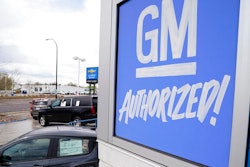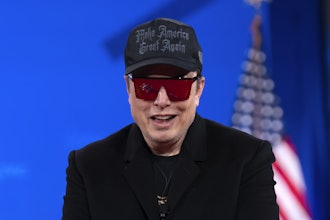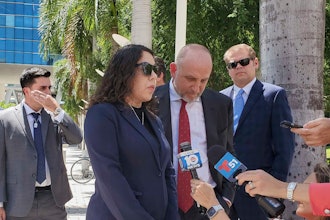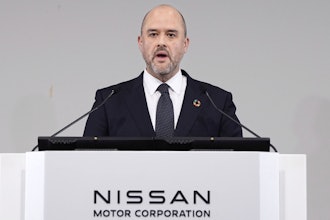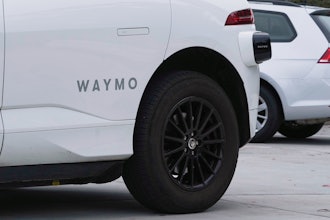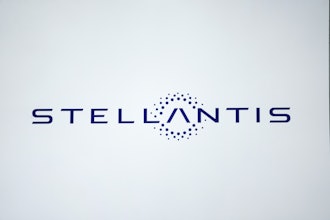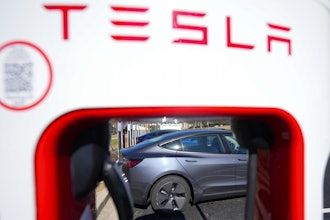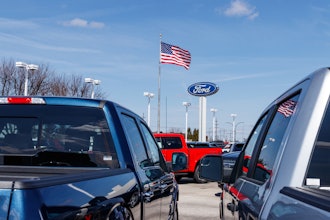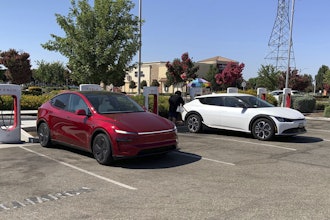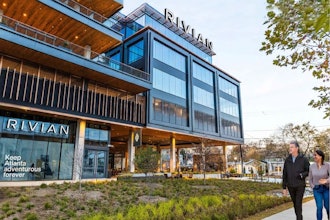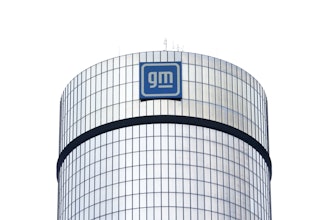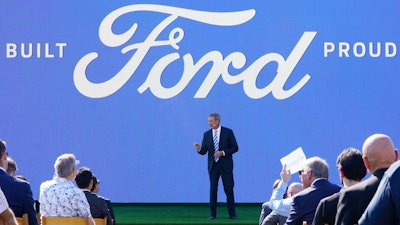
MEMPHIS, Tenn. (AP) — Ford Motor Co. and a South Korean company would have to create more than 5,000 full-time jobs at a planned electric pickup truck factory and battery manufacturing plant in Tennessee or pay back at least part of a $500 million state grant for the project, according to a lease approved Thursday by a regional board.
The Megasite Authority of West Tennessee's board of directors voted to approve the lease during a meeting to discuss the $5.6 billion project to build electric F-Series pickups and batteries at a 3,600-acre (1,460-hectare) parcel of land in rural Stanton, northeast of Memphis.
Ford, battery maker SK Innovation and Tennessee Gov. Bill Lee announced the project in September. A joint venture called BlueOvalSK will also construct twin battery plants in Glendale, Kentucky, in an estimated $5.8 billion investment. The projects are expected to create an estimated 10,800 jobs and shift the automaker’s future manufacturing footprint toward the South while putting an emphasis on green energy.
Construction on the Tennessee site, named BlueOval City, is expected to begin later this year. Ford has said it plans to start production by 2025.
“The approval of the site lease for BlueOval City is another important step in keeping the project moving forward," Ford said in a statement.
In October, Tennessee lawmakers committed to spending nearly $900 million on state incentives, infrastructure upgrades and more as part of a sweeping plan with Ford. The agreement included $500 million in capital grant funds.
The lease approved by the board essentially grants the land to Ford through December 2051. The rent is $1 for the entire lease term.
Under conditions in the lease, an accountability agreement requires the creation of 90% of the committed 5,760 jobs in connection with the $500 million grant, according to details presented during the meeting by attorney Chris Bowles.
If less than 5,184 jobs are created within 10 years, Ford and SK will have to repay a portion of the grant plus $175 million, which represents the value of the land, according to the lease presentation.
“We thought to ourselves, ‘What protections does the state have if ... either the joint venture or Ford default on the obligation?’” Bowles said, adding: “That’s not what we expect to happen.”
The deal includes only full-time workers at the plant, not the estimated 30,000 jobs tied to the construction of the facility.
Bob Rolfe, Tennessee’s economic development commissioner, noted Swedish appliance maker Electrolux’s decision in 2019 to shut down its Memphis factory after receiving a large incentive package.
The state’s 2010 agreement with Electrolux didn’t include clawback provisions to recover $100 million in state incentives if job thresholds weren’t met. Electrolux later agreed to pay local taxes on the factory.
“Basically, Electrolux took $100 million from the state and lot of money from the city and the county, and then just woke up in year six and said ... we’re going to shut the plant down and we own everything, and there were no repercussions,” Rolfe said.
Rolfe added that the Ford payback provisions are “almost the opposite” of the Electrolux deal.
“There’s an enormous amount of capital at risk here,” Rolfe said.
Before landing the Ford project, Tennessee had invested more than $174 million in the Memphis megasite but struggled to lure the big tenant it wanted.
With an economy based largely on farming, Haywood County saw its population shrink by 4.9% to 17,864 people from 2010 to 2020, one of 14 counties to lose population as Tennessee grew as a whole by 8.9%, according to census data.
The meeting was held in Brownsville and livestreamed on the Internet.




